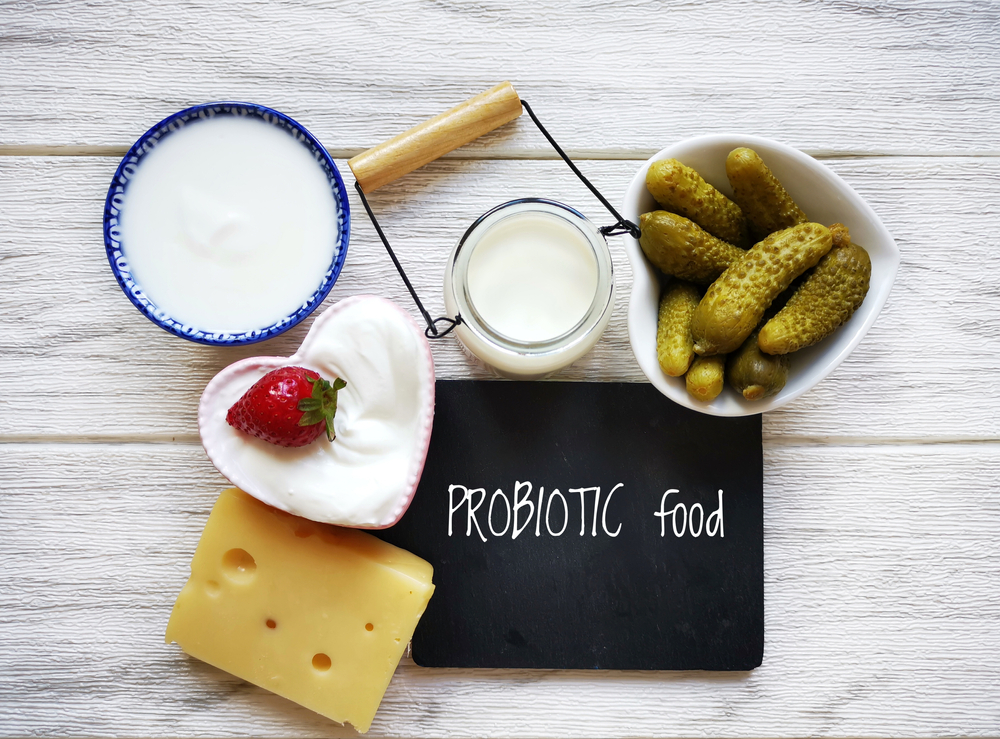Introduction:
In the intricate symphony of the human body, the connection between the gut and the brain emerges as a powerful conductor of overall well-being. As science delves deeper into the complexities of this relationship, the role of probiotics – beneficial bacteria – takes center stage. In this exploration, we uncover the fascinating realm of how probiotics can influence mental health through the intricate web known as the gut-brain connection.

Understanding the Gut-Brain Connection:
1. A Bidirectional Highway: The gut-brain connection is a two-way street where communication flows seamlessly. The gut, often referred to as the “second brain,” houses an extensive network of neurons, neurotransmitters, and the enteric nervous system, establishing a direct line of communication with the central nervous system.
2. Role of the Microbiome: The gut microbiome, a diverse community of trillions of microorganisms, including bacteria, fungi, and viruses, plays a pivotal role in this connection. Probiotics, as key members of this microbial community, influence the balance of the microbiome, impacting the signals sent to the brain.
Probiotics and Mental Health:
3. Serotonin Production: Serotonin, often recognized as the “feel-good” neurotransmitter, is predominantly produced in the gut. Probiotics contribute to a balanced gut microbiome, influencing serotonin production and potentially impacting mood and emotional well-being.
4. Stress Response Regulation: Probiotics may play a role in regulating the body’s stress response by influencing the production of stress hormones. Maintaining a healthy gut microbiome through probiotic-rich foods or supplements can contribute to resilience in the face of stress.
5. Inflammation and Mental Health: Chronic inflammation in the body is associated with various mental health conditions. Probiotics exhibit anti-inflammatory effects, potentially mitigating inflammation and its impact on mental well-being.
Conditions Linked to the Gut-Brain Connection:
6. Anxiety and Depression: Emerging research suggests that the gut-brain connection may influence conditions such as anxiety and depression. Probiotics show promise in supporting mental health by promoting a balanced gut microbiome.
7. Cognitive Function: The gut microbiome’s influence extends to cognitive function and may play a role in conditions like Alzheimer’s disease. Probiotics contribute to the maintenance of a diverse and healthy microbiome, potentially supporting cognitive health.
Incorporating Probiotics into Your Lifestyle:
8. Probiotic-Rich Foods: Cultivate a diverse gut microbiome by incorporating probiotic-rich foods into your diet. Yogurt, kefir, sauerkraut, kimchi, and kombucha are excellent sources of beneficial bacteria.
9. Probiotic Supplements: For those looking to enhance their gut health, probiotic supplements are available. However, it’s advisable to consult with a healthcare professional before incorporating supplements into your routine.
Conclusion:
As we unravel the intricate dance between the gut and the brain, the role of probiotics emerges as a potential catalyst for mental well-being. Nurturing the gut-brain connection through mindful choices, including probiotic-rich foods and supplements, may offer a promising avenue for those seeking to support their mental health journey. By understanding the symbiotic relationship between our gut and mind, we embark on a path toward holistic well-being.
